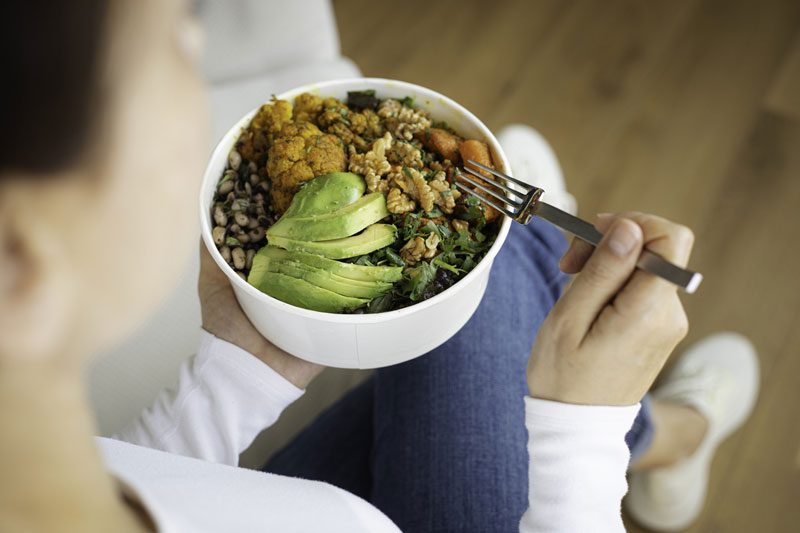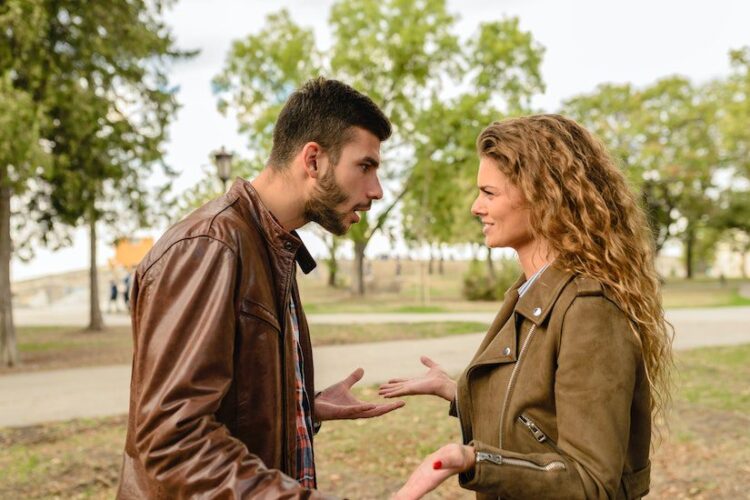All of us—even the most introverted among us—have lots of relationships in our lives. For example, you have relationships with your family members, your collection of friends, your coworkers, your faith community, and the list goes on and on.
If you are a person in recovery from a substance use disorder, you also have relationships with members of the recovery community—including your doctors, therapists, your sponsor, those in your recovery meetings, and so on.
Ideally, all of those various relationships would be largely positive. But there may be a few scenarios in which they are not as healthy as they could be. Some of the problems in your relationships might be a result of mistakes you made and feelings you hurt while you were under the influence of drugs or alcohol. Some other problematic relationships may be with those who were a major part of your life during the time you were using drugs or alcohol, and might have encouraged you or made it possible for you to do so. And there may be people in your life who are toxic in ways that have nothing to do with your substance use disorder (at least, not directly).
We have some advice about both your positive and negative relationships.
Your Good Relationships are Foundational to Your Recovery
It would be wonderful if going through treatment for a substance use disorder meant all of your troubles were over when it comes to drugs or alcohol. Unfortunately, however, the recovery journey is full of a variety of challenges—and challenges are best faced with folks who care about you and support your efforts to stay away from the substances that used to be a dangerous part of your life.
So that means it is important to keep your healthy and positive relationships in good shape. How do you do that?
The best way to build and maintain good relationships is to be a good friend, family member, coworker, community member, and so on yourself. When you are in recovery, it can be easy to be a little bit self-involved. After all, you are trying to do something difficult—keep your recovery going. And sometimes you will turn to those around you for extra support.
Other times, however, you can provide support when others are going through something difficult. That reciprocity is at the heart of good relationships—but it is not the whole story. Another key to maintaining good relationships is simply finding time to be together and enjoy each other’s company. Sometimes that can be spontaneous, but it does not hurt to schedule time for your friends and family or others who are important to you. When you do, you are doing something positive for your relationships—and for your recovery.
Your Bad Relationships Can Undermine Your Recovery
If you upended some important relationships during your time using drugs or alcohol, the best thing you can do is to apologize. In some cases, that will be enough to repair the relationship. In others, it probably won’t be enough. But in both cases, a sincere apology can bring you—and the person or people you hurt—some closure so that everyone can move on. And sometimes, a relationship that survives this kind of challenge becomes even stronger than it was before.
There are other relationships, however, that you need to end to protect your recovery. Those include relationships with people who are still using drugs or alcohol, or who encouraged or enabled you to do so. You might think of some of those folks as your friends, but continuing to spend time with them puts your recovery in jeopardy over and over. You can encourage this group to get help the way you did, but you cannot remain actively part of their circle.
You also have to think hard about what might be called your toxic relationships. Are there people in your life who have always put you down or who have made you feel bad about yourself? Are there people in your life who are mean to someone who is important to you? Is there someone in your life who likes to tell you that you will never be able to keep your recovery intact over the long haul?
Those people—and others like them—should not be welcome on your recovery journey. Wittingly or not, they behave in ways that can bump you off the path you are forging and make a relapse more likely. It might not be easy to disentangle yourself from individuals like this, but it is necessary.
You’ve Got a Friend in Us
The team at Bel Aire Recovery Center—located near Wichita, Kansas—is made up of individuals you can count on to treat you with respect and empathy as we help you leave drugs or alcohol behind. We are committed to the creation of personalized treatment plans built on a foundation of evidence, experience, and expertise. And we provide ongoing support for everyone we treat as their recovery journey gets underway.
If you are struggling with drugs or alcohol, the time to make a change is right now. When you are ready to get to work, we are, too.




